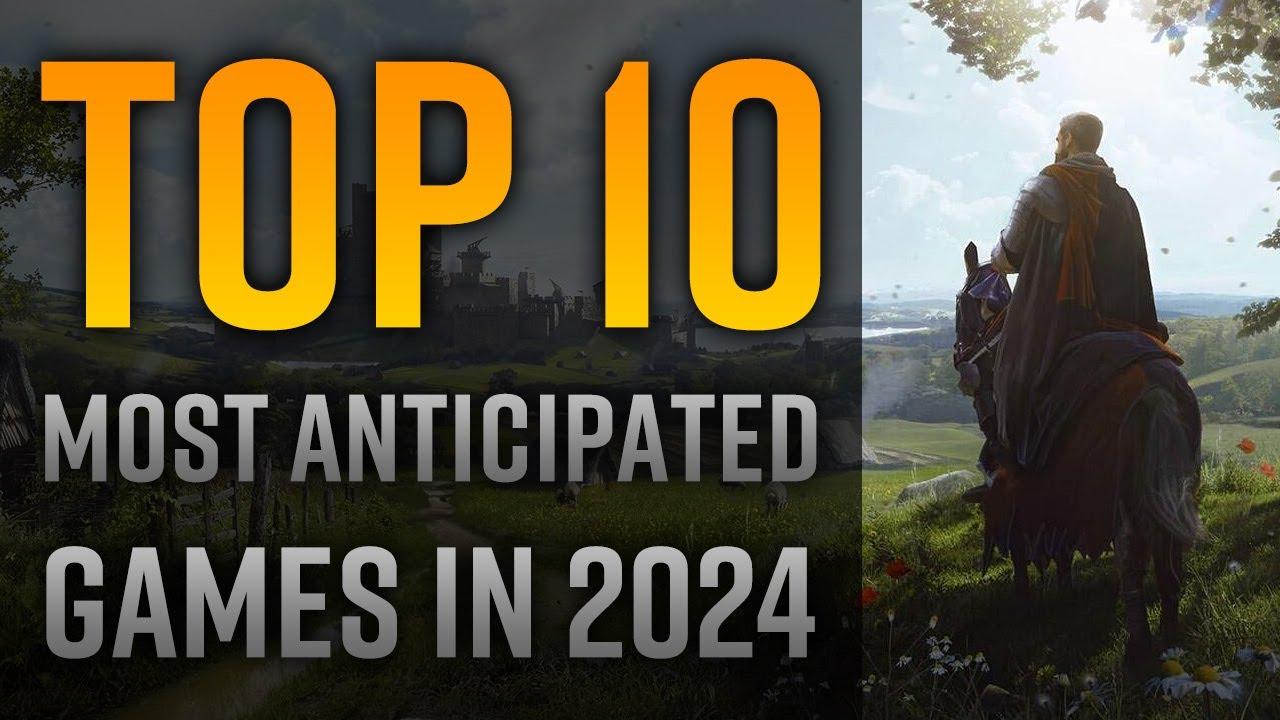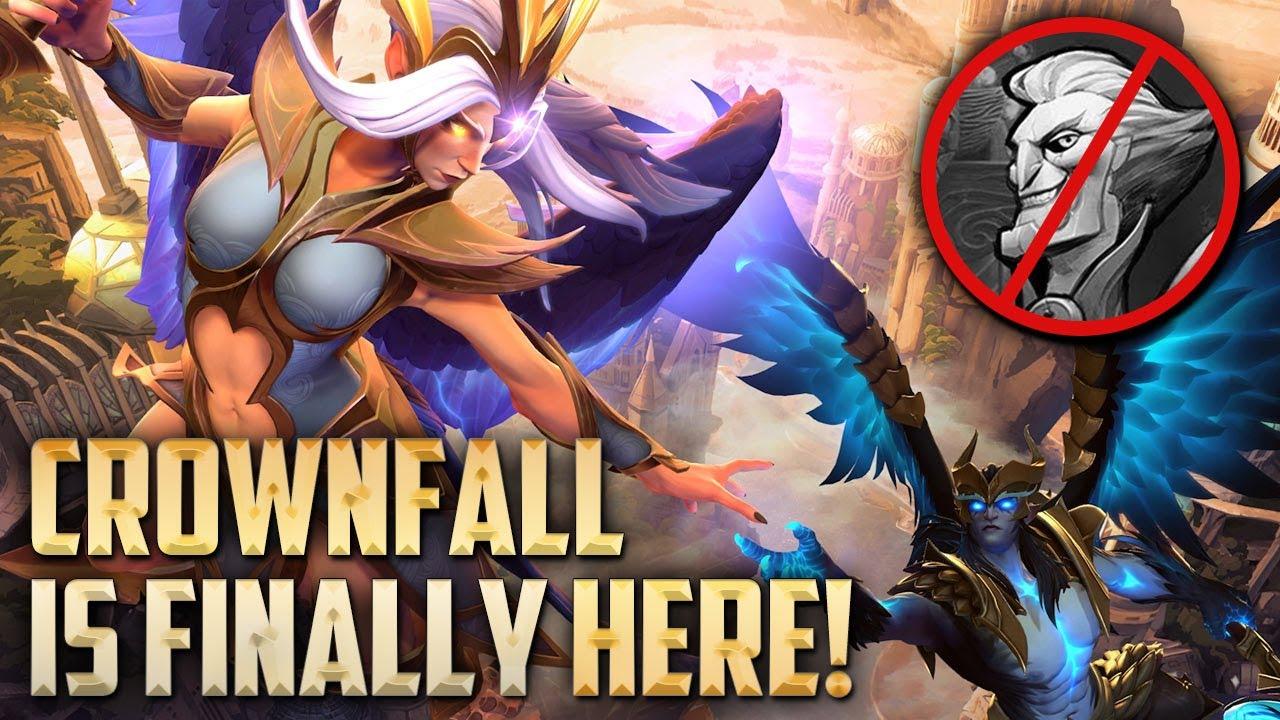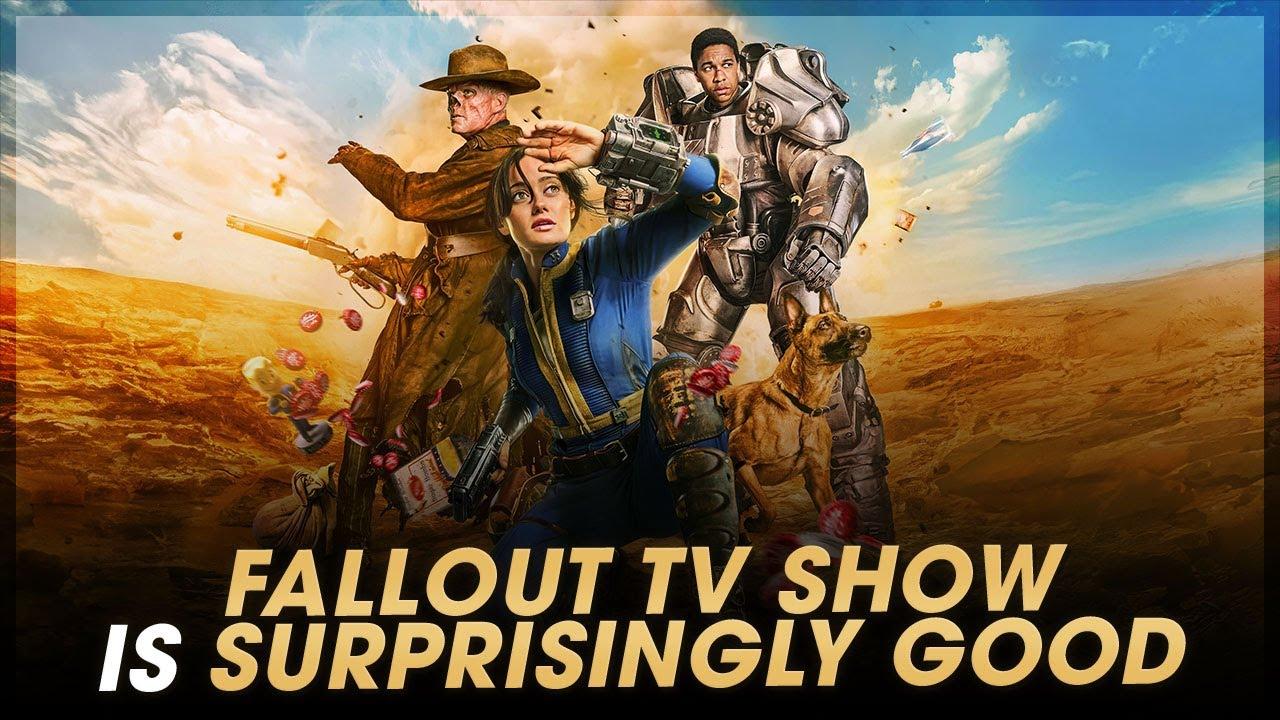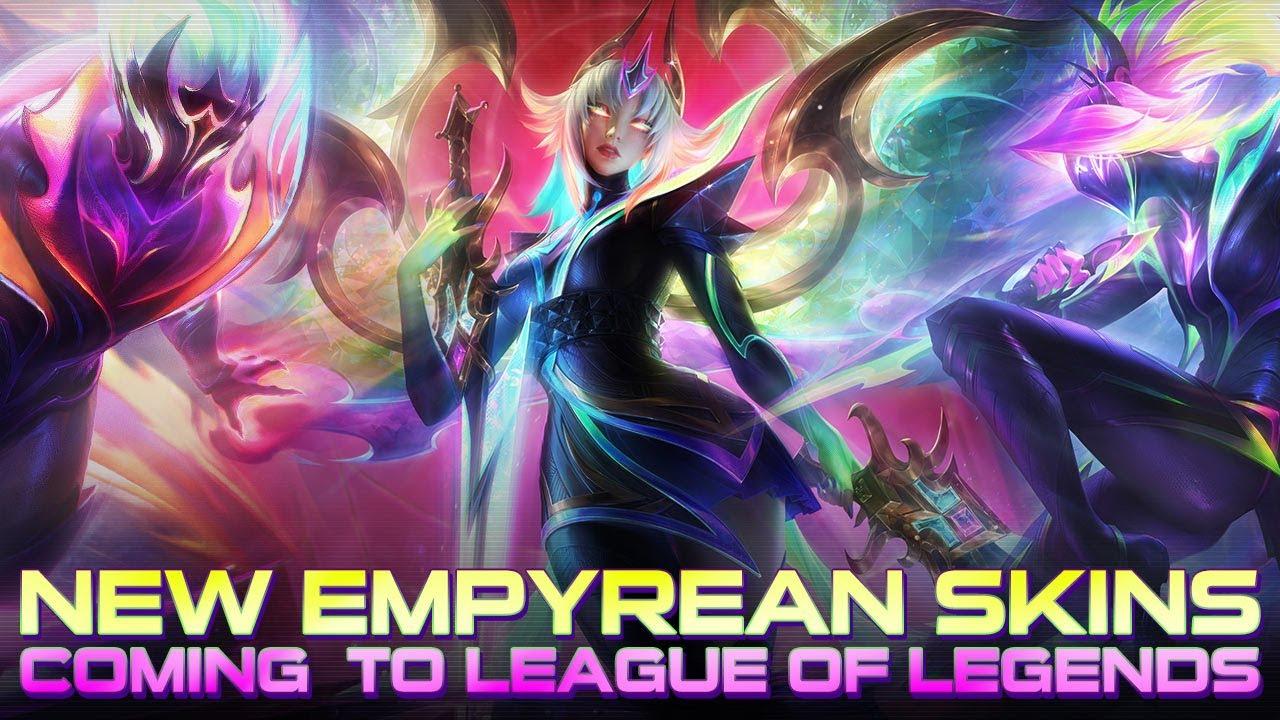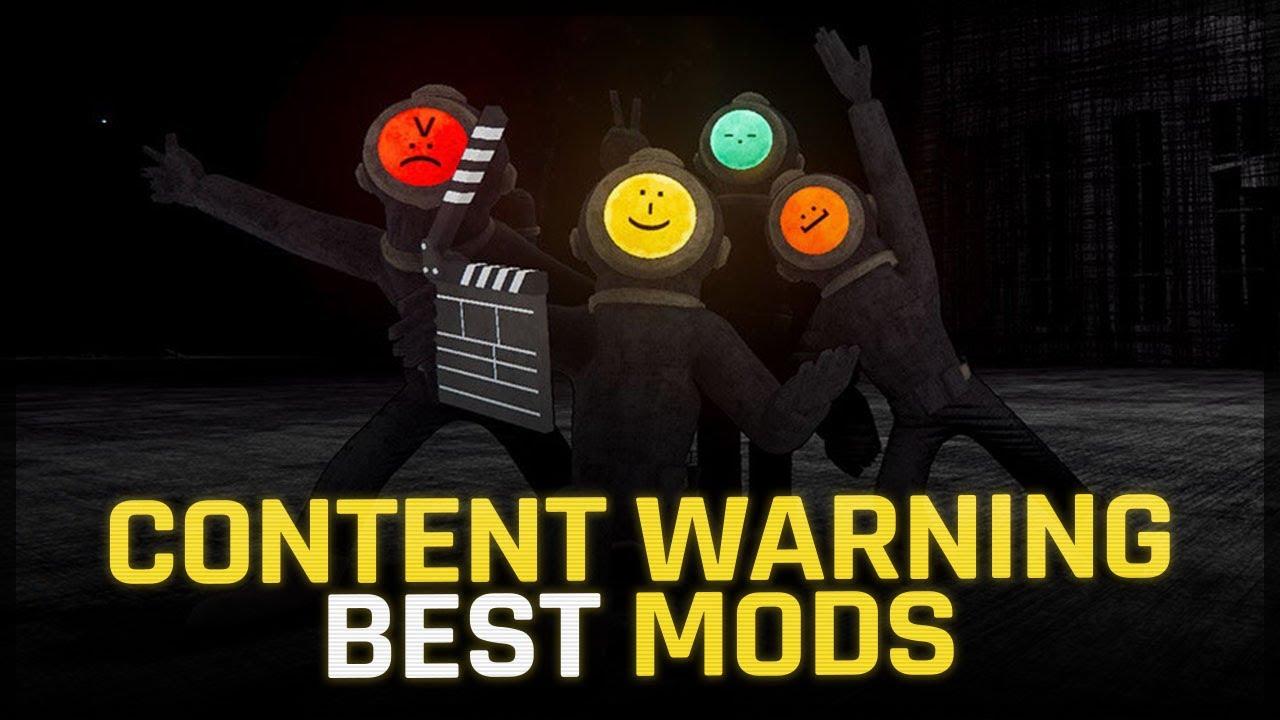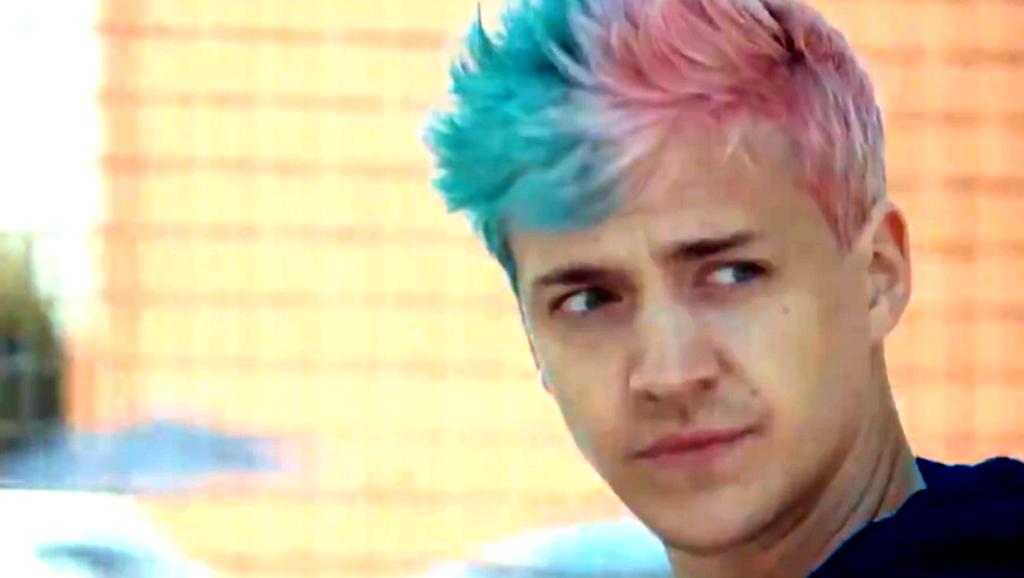
Ninja rants about record labels not valuing streamers due to DMCA
During a game of Valorant, Tyler “Ninja” Blevins took the time to discuss the biggest difference between the gaming and music industries in a discussion centered around the latest DMCA controversies.
The Digital Millennium Copyright Act, aka DMCA, has been a huge concern on Twitch over the past few months. Streamers have received strikes against their accounts for using copyrighted music, even in years-old clips, with little or no warning from Twitch. Some streamers were even banned due to the ongoing DMCA crackdown.
Twitch ended up apologizing for not giving streamers a fair warning or explanation. But streamers have continued to struggle with the strict policy. Despite the response from Twitch, the DMCA situation only seems to be getting worse as politicians push for harsher punishments for DMCA strikes.
One of the biggest streamers on Twitch, Ninja had a lot to say about the ongoing controversy on the platform. He ranted that the DMCA shows the ignorance of the music industry, who don’t seem to recognize the value of streamers using their music. This was a drastic difference in how the gaming industry views streamers.
“Gaming companies understand and they realize the value that streamers and content creators bring. And they don’t try to monetize off of it. And that’s the difference between the music and the gaming industry,” Ninja told his followers.
Does the music industry understand the value of streamers?
According to Ninja, video game developers and publishers don’t punish streamers for using their games. In fact, they encourage it. The gaming industry understands that streamers showing off a game to their followers is great publicity. Usually, it’s what keeps a game in the spotlight and defines what’s popular in the gaming scene.
Ninja most likely feels that streamers playing a song would work in the same way. It would be a way for music labels to get free advertising for their songs, which would be broadcast to thousands of viewers at once. In theory, some viewers would hear a popular streamer playing a song and want to download the song themselves.
Instead, music companies opt to monetize all usage of their music. This has led to most songs being avoided on Twitch. Some content creators have noticed DMCA strikes on other social media platforms as well. Recently, Imane “Pokimane” Anys had her Twitter temporarily blocked for using Doja Cat’s “Say So” in a tweeted clip.
How much is Ninja’s deal with Twitch worth?
After Mixer shut down, Ninja returned to Twitch. He signed a multi-year contract that had him remaining exclusive to the streaming platform. The contracted amount was never publicly discussed, but the streaming community can only assume it’s a pretty good chunk of change. Ninja was reportedly given $30 million for his Mixer deal.
Why did Ninja really leave Twitch?
A lot of content creators have felt negatively about Twitch for a while now thanks to inconsistent punishments and continued DMCA crackdowns. But the streaming platform’s popularity and large viewership has left many content creators using Twitch for now, especially after competitor Mixer was shut down.
Ninja originally left Twitch because the company couldn’t seem to come to a contract agreement with the Fortnite superstar. Ninja’s wife and manager had previously noted that Twitch left very little room for Ninja to grow outside the streaming platform, hindering his pursuit of new brand deals and sponsorships. It’s unclear if Twitch changed those policies upon Ninja’s return in 2020.
Recommended
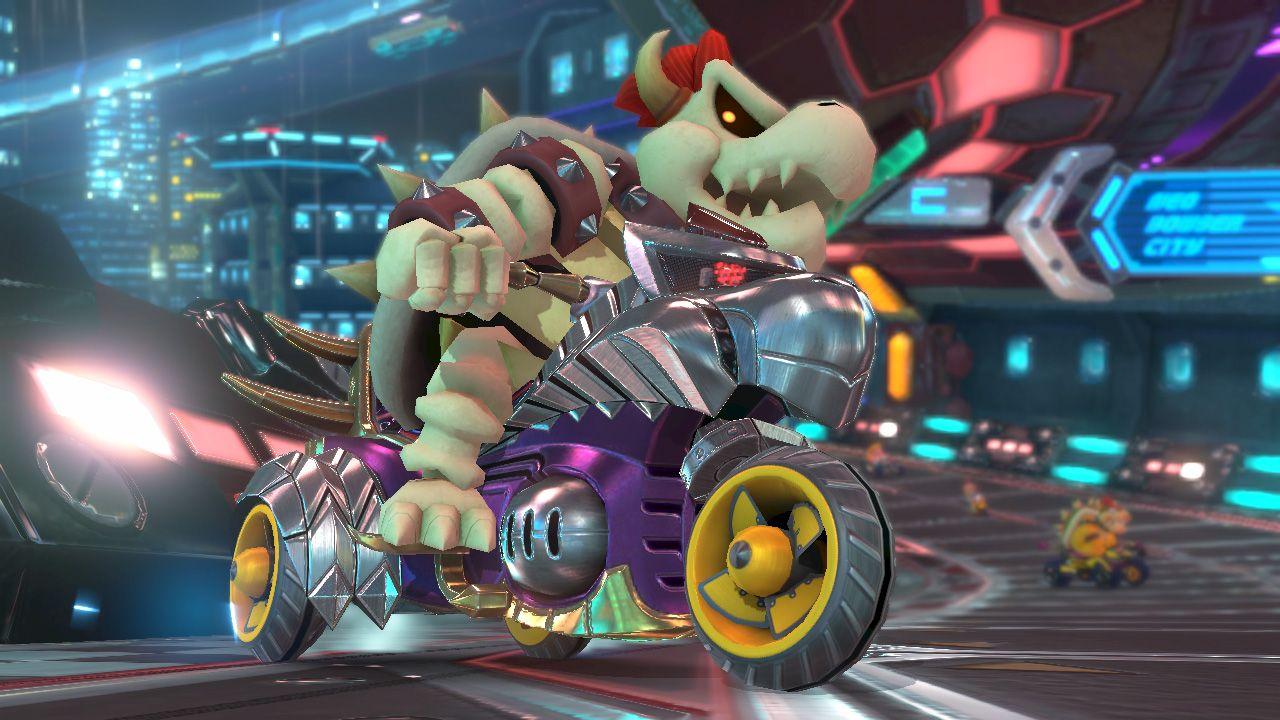
Mario Kart 8 Deluxe characters: Every DLC, best racers
There are DLC characters, too!
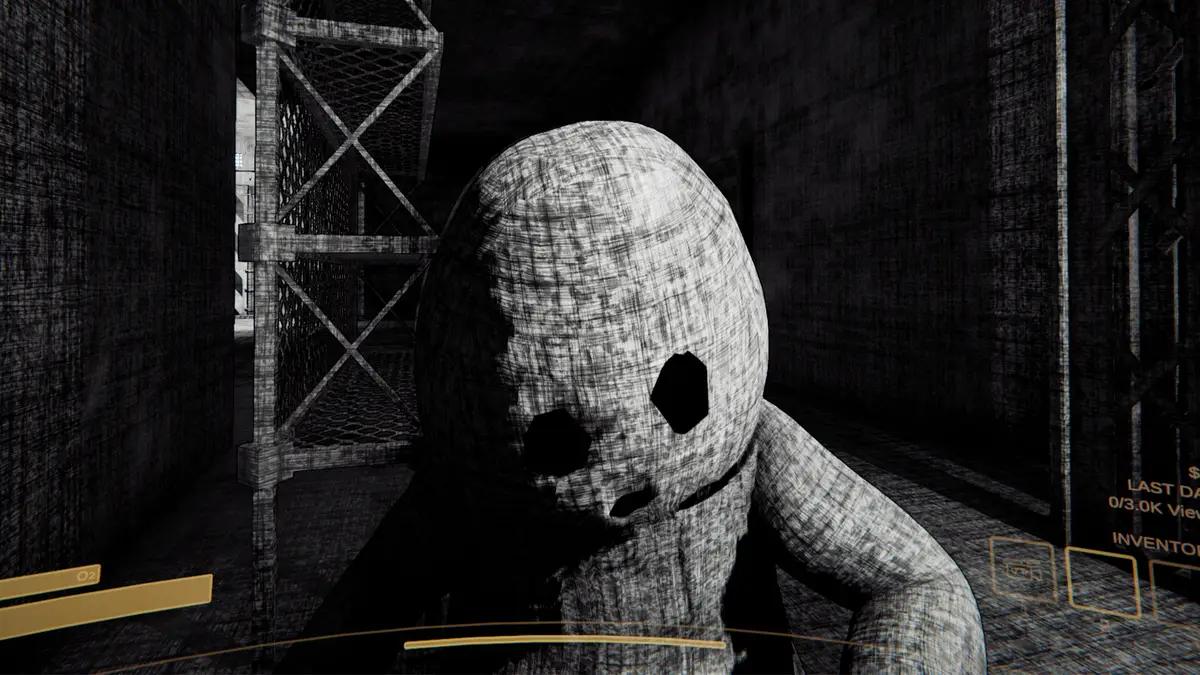
Does Content Warning have VR?
As a game focused on sharing your spooky encounters, Content Warning seems like the perfect game for...
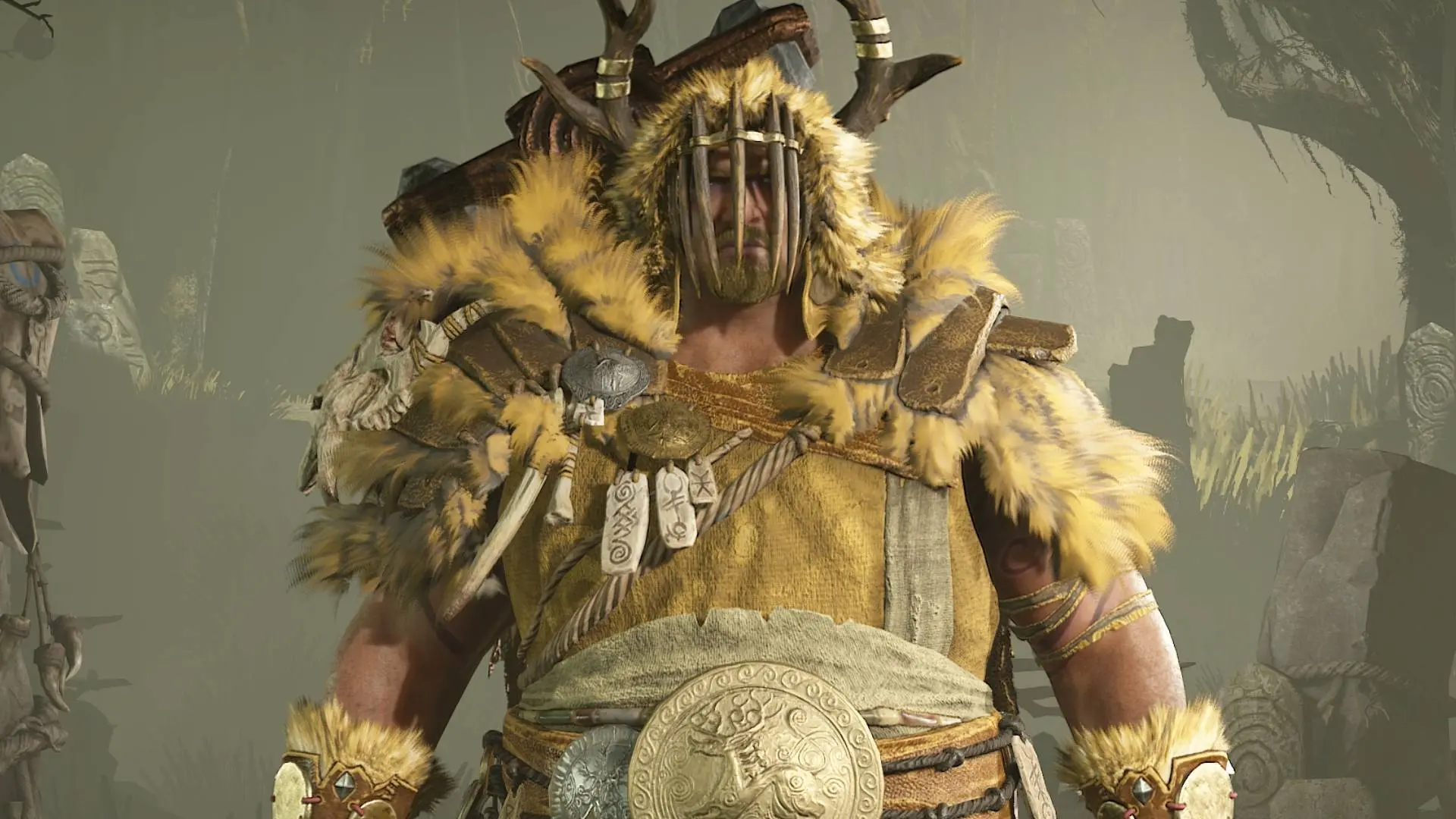
Diablo 4 Thorns: How does it work?
It’s a simple, but powerful substat.

